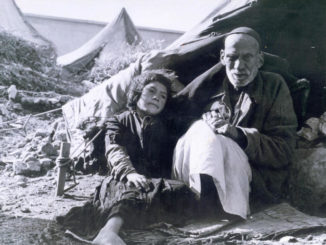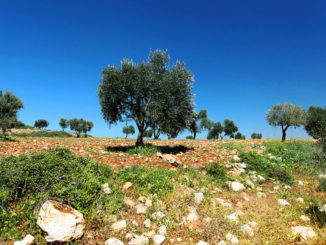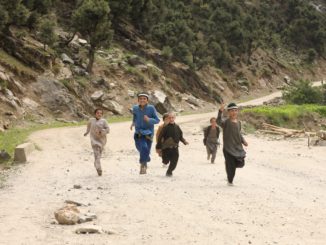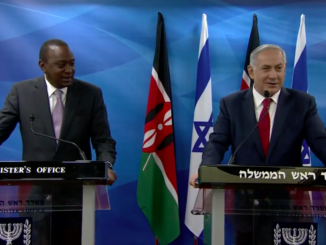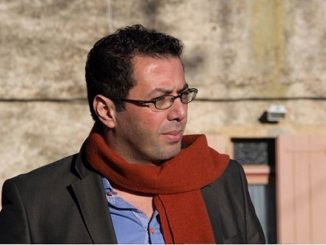
A People’s Historian: Ramzy Baroud on Journalism, History and Why ‘Palestinians Already Have a Voice’
Palestinian-American historian, journalist and author, Dr. Ramzy Baroud, speaks on his upcoming book, just-released digital media project – Palestine in Motion – and why Palestinian history has to be urgently retold.


